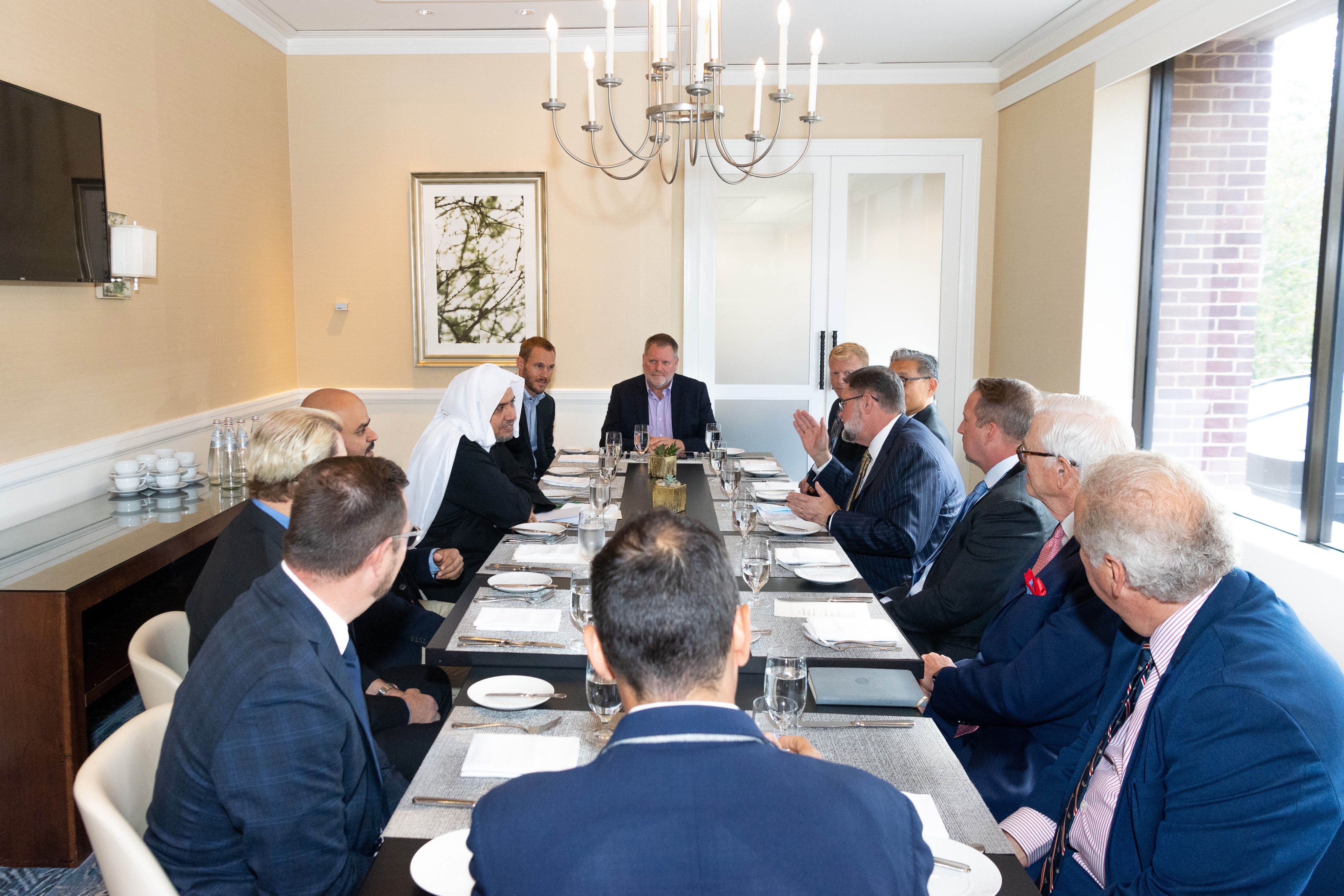Islamic scholars can turn the Taliban towards moderation
ArticlesCoalition forces waged a 20-year war in Afghanistan but lacked the religious authority necessary to explore a moderate version of the Islamic identity the Taliban claimed to defend. Religion connects most Afghans. It’s the force the Taliban used to build their movement, unite factions and offer an alternative to the US-backed government. Religion is therefore the strongest force to guide the Taliban towards a moderate future. That means the Muslim world must leverage its collective religious authority when engaging the Taliban government.
Twenty years ago, when the US demanded the extradition of Osama bin Laden, the Taliban proposed sending him to a tribunal overseen by the Organisation of Islamic
Co-operation, a 57-nation Muslim body. Despite the Bush administration refusing, the Taliban were making a statement about the trust they placed in pan-Islamic religious authorities.
It shows the Islamic world can influence the Taliban, who anchor their motivations to faith (as they understand it). The Taliban’s test will be whether it can govern effectively and not advance an ideology. Its legacy is defined mostly by exclusion: females, religious and tribal minorities, and those who didn’t share their harsh and often misguided understanding of Islam. To govern with legitimacy, the Taliban must incorporate the concerns and aspirations of every Afghan. Islam offers guidance but it must be rooted in a true and moderate interpretation.
Many Muslim countries have learnt to balance the challenges of modernity with their beliefs through Islamic scholarly argument. The Makkah Declaration, endorsed by 1,200 prominent Mufti and Muslim scholars, has been used to promote a tolerant Islam. The Muslim World League (MWL), the world’s largest Islamic NGO, has urged the Taliban to uphold this declaration. The MWL also organised a peace conference where Afghan and Pakistani scholars suggested forming a joint committee to advance common visions of peace rooted in authentic Islamic values.
Such dialogue must continue to support responsible governance in Afghanistan. Whatever the Taliban’s beliefs, they will continue to seek international recognition and funding. The country faces hunger, a possible insurgency and a gaping budget deficit. They will have to listen — and make concessions — or their government will fail. That means the world’s Islamic scholars and clerics have an invaluable opportunity to secure a peaceful Afghanistan.
Mohammad bin Abdulkarim Al-Issa is secretary-general of the Muslim World League.
This article was originally published in the Times of London. Read here.


